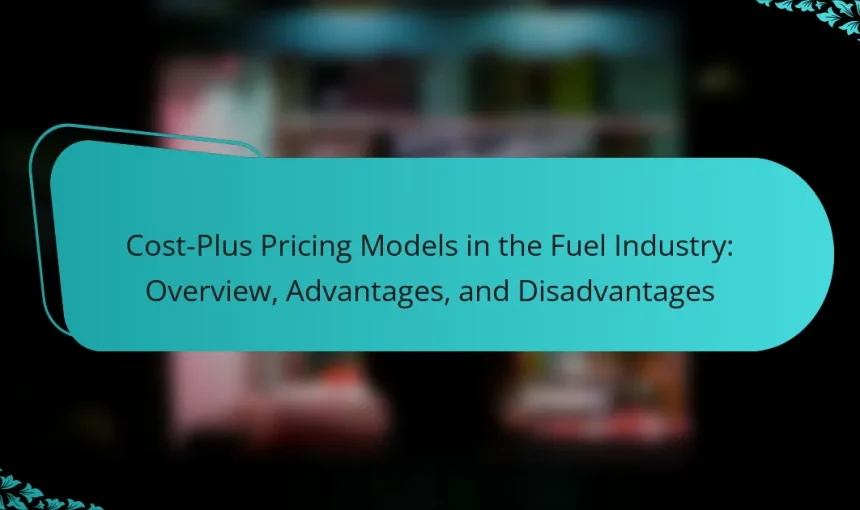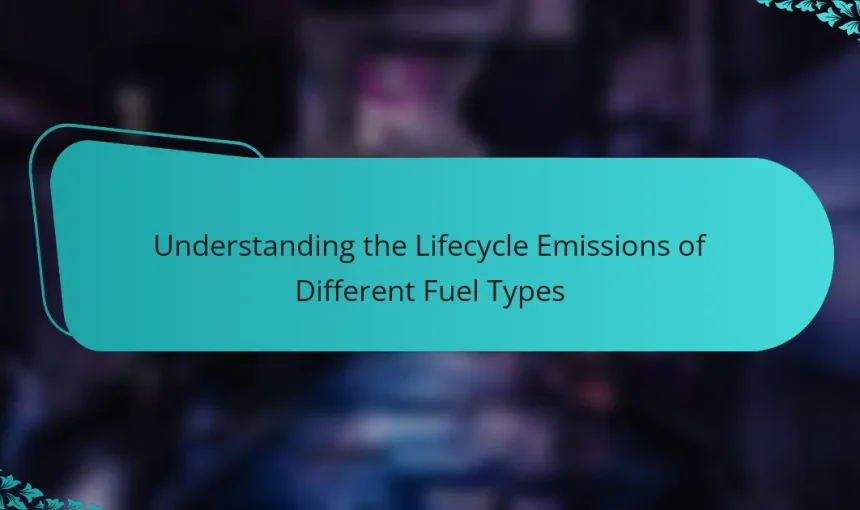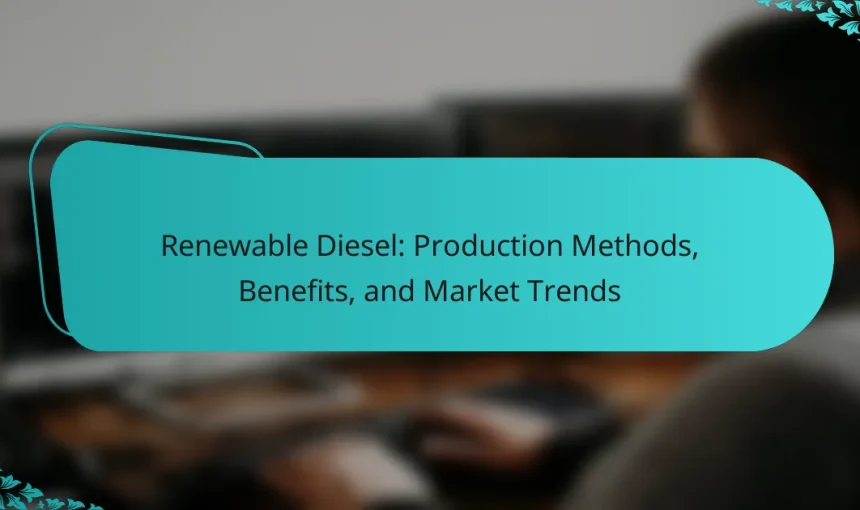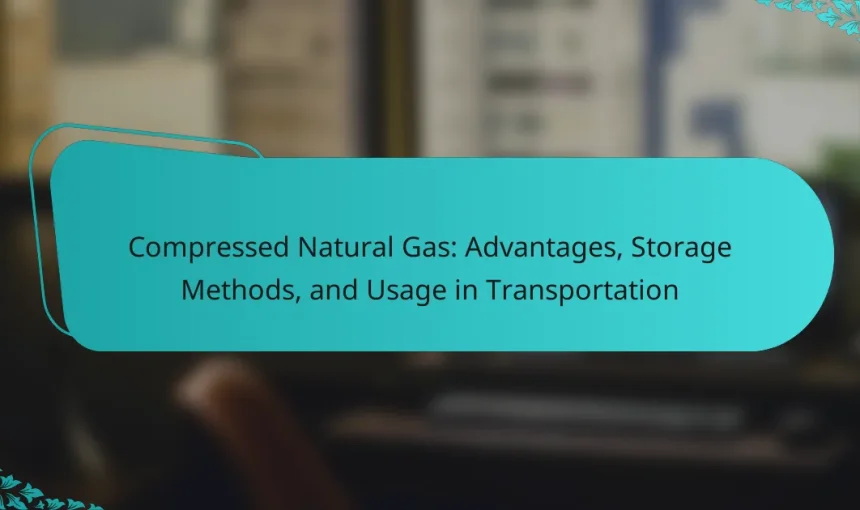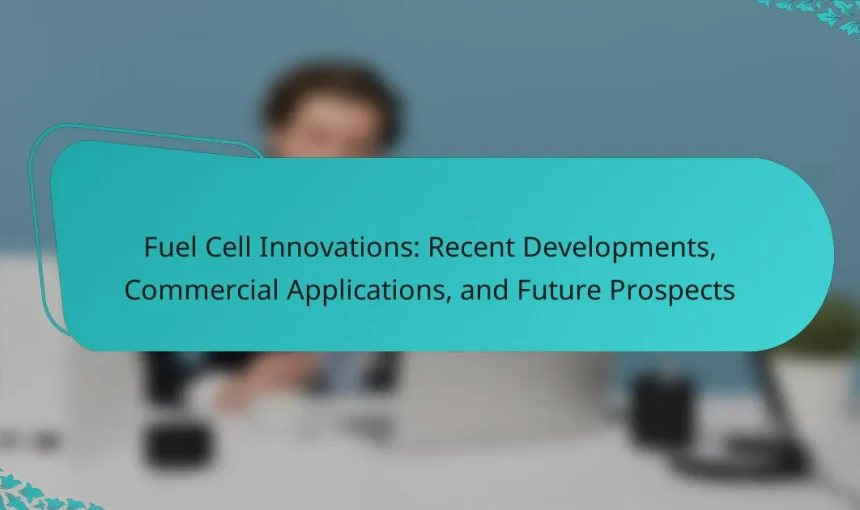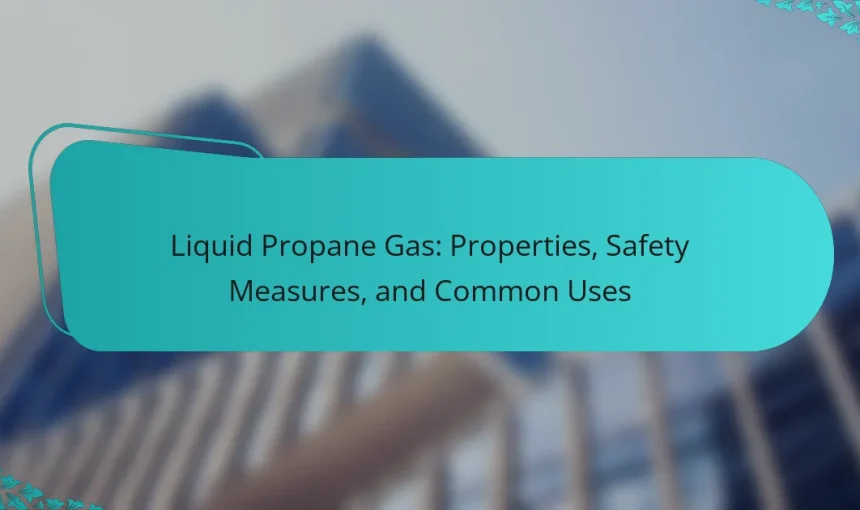What are Best Practices for Fuel Company Compliance Audits? Best practices for fuel company compliance audits include thorough documentation, regular training, and adherence to regulations. Fuel companies should maintain accurate records of transactions, inventory, and safety protocols. Regular staff training ensures that employees understand compliance requirements. Companies must stay updated with federal and state regulations, […]
What are Cost-Plus Pricing Models in the Fuel Industry? Cost-plus pricing models in the fuel industry involve setting prices based on the total cost of production plus a markup. This model ensures that all costs, including raw materials and operational expenses, are covered. The markup typically reflects the desired profit margin. Fuel companies often use […]
What are Lifecycle Emissions and Why are They Important? Lifecycle emissions refer to the total greenhouse gas emissions produced throughout the entire lifecycle of a product or fuel. This includes emissions from extraction, production, transportation, use, and disposal. Understanding lifecycle emissions is crucial for assessing the environmental impact of different fuel types. It helps in […]
What is Renewable Diesel? Renewable diesel is a type of biofuel produced from renewable resources. It is chemically similar to petroleum diesel. This fuel is made through processes like hydrotreating or hydrocracking. These methods convert fats, oils, and greases into a fuel suitable for diesel engines. Renewable diesel can reduce greenhouse gas emissions significantly. Studies […]
What are Safety Compliance Guidelines for Fuel Storage Facilities? Safety compliance guidelines for fuel storage facilities include regulations to prevent hazards. Facilities must adhere to local, state, and federal regulations. Proper signage indicating hazardous materials is essential. Regular inspections ensure equipment and storage tanks are in good condition. Spill containment systems must be in place […]
What is Psychological Pricing in the Fuel Industry? Psychological pricing in the fuel industry is a strategy that influences consumer perception of fuel prices. It often involves setting prices slightly below a round number, such as $3.99 instead of $4.00. This tactic leverages the psychological impact of pricing, making consumers perceive the cost as significantly […]
What are Competitive Pricing Tactics for Fuel Providers? Competitive pricing tactics for fuel providers include price matching, dynamic pricing, and promotional discounts. Price matching ensures that fuel prices align with competitors, attracting price-sensitive customers. Dynamic pricing adjusts fuel prices in real-time based on market demand and competitor pricing. Promotional discounts, such as loyalty programs or […]
What is Compressed Natural Gas (CNG)? Compressed Natural Gas (CNG) is a form of natural gas that has been compressed to less than 1% of its volume at standard atmospheric pressure. CNG primarily consists of methane, a clean-burning fossil fuel. It is stored in high-pressure containers, making it suitable for use as an alternative fuel […]
What are Fuel Cell Innovations? Fuel cell innovations refer to advancements in fuel cell technology that enhance efficiency, reduce costs, and expand applications. These innovations include new materials, improved designs, and enhanced fuel cell systems. For example, researchers are developing proton exchange membrane fuel cells using advanced catalysts to increase performance. Additionally, solid oxide fuel […]
What is Liquid Propane Gas? Liquid Propane Gas (LPG) is a flammable hydrocarbon gas that is used as fuel. It is composed primarily of propane and butane. LPG is stored under pressure in liquid form, which allows for easier transportation and storage. When released from its container, it vaporizes and can be used for heating, […]

